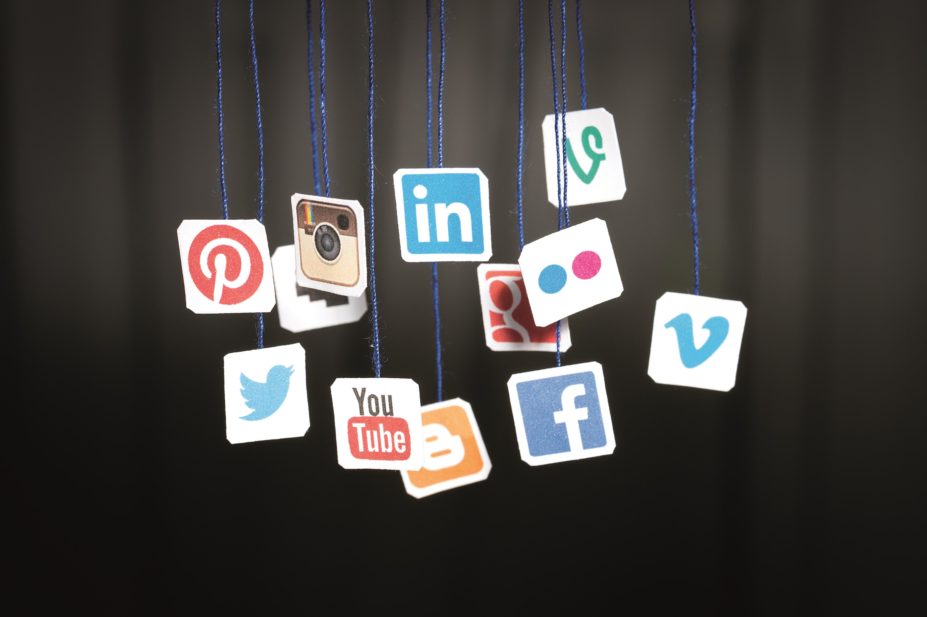
scyther5 / Shutterstock.com
Social networks can be a great tool to obtain professional knowledge and disseminate information across the world. Platforms such as Twitter provide real-time access to news while allowing people to express their opinions. Additionally, social networks could be used to build a professional profile and get in contact with other professionals, for example using Linkedin.
Most professional bodies and corporate companies have Twitter accounts and pharmacy professionals are increasingly using Twitter as a way of sharing and exchanging opinions. For example, there is a Twitter group of pharmacists and pharmacy technicians (@WePharmacists, #WePh) who are developing educational resources aimed primarily at pharmacy students and pre-registration trainees to help them through their studies and training. @WePharmacists also runs regular tweet chats on topical issues.
Despite a wealth of useful professional information being shared on social networks, the overall number of pharmacists using social media is still low. Unfortunately there has not been much UK research into the use of social media among healthcare professionals. Research from the United States is mostly conducted on pharmacy undergraduates.
A US study[1]
aimed to determine the patterns of social media use among graduating pharmacy students and their views and opinions of professionalism on popular social media sites, and to compare responses about social media behaviour among students seeking different types of employment. It found that 93% of respondents (n=209) had a social media profile. The most common reasons for not having a social media presence included lack of time, preferring to talk on the telephone, privacy and professionalism concerns. What is interesting is that a majority of respondents believed they should be held to account for illegal or unprofessional behaviour discovered on social media.
Perhaps the fear of breaching professional standards and the law is a major barrier to pharmacists making use of social media for their professional development. Indeed, there are pitfalls with using social media (
The Pharmaceutical Journal
2013;290:574), such as defaming another person on social networks, breaking patient confidentiality (e.g. talking about a difficult patient on social media) and making malicious comments.
At King’s Health Partners, of which King’s College London forms a part, we are doing some work on e-professionalism and social media for pharmacy students and academics so that a policy can be agreed and implemented. The intention is to prevent users from misusing social media so that they do not breach fitness-to-practise procedures.
The Royal Pharmaceutical Society has produced its own social media guidance and resources to help pharmacists who are unfamiliar with social media.
Social media will not disappear and its use will continue to rise, meaning the wealth of information on the various networks will increase, too. There is no need for pharmacists to fear using social media provided they exercise good judgement and be mindful of their digital footprint.
Aamer Safdar is hospital pharmacist and clinical lecturer at King’s College, London.

